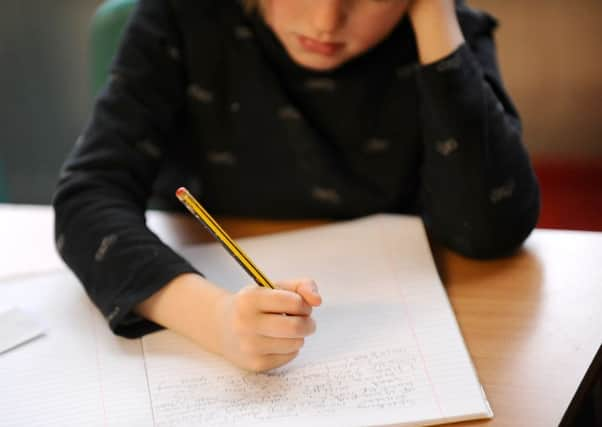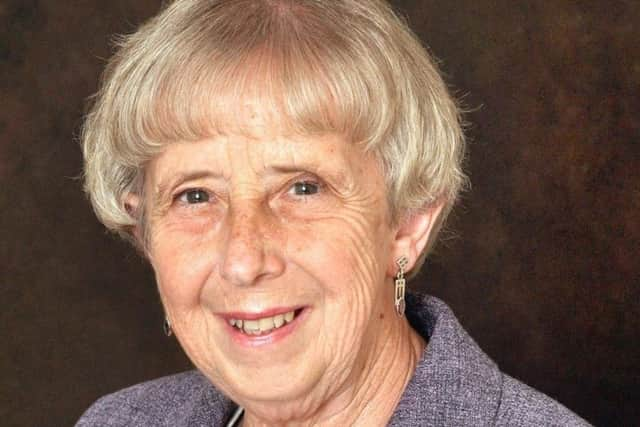A third of secondary school starters in South Tyneside didn't achieve SAT standard


According to the Department for Education, Key Stage 2 results for the 11-year-olds who took their SATs in May show that 33% did not achieve the required score in all their tests – 534 children in all.
That’s an attainment rate of 67% – which is higher than the national average of 64%.


Advertisement
Hide AdAdvertisement
Hide AdThis year, 1,617 Year 6 pupils took the tests, which are intended to measure how well a child is doing in three key subjects – reading, mathematics, and grammar.
They are also used to evaluate how well primary schools are preparing their pupils for secondary school.
Girls did better than boys, with 72% of girls meeting the standard compared to 63% of boys.
But campaign group More than a Score says that schools looking to climb league tables focus too much on high SAT scores, and that SATs have “failed a generation of children”.
Advertisement
Hide AdAdvertisement
Hide AdIt says that younger children, who can get anxious taking a test, should be assessed in a less stressful way.
During Year 6, students are also evaluated separately by their teachers in reading, writing, science and maths. These assessments provide a broader picture of how well children are doing at school.
Children in South Tyneside did much better in KS2 teacher assessments than in the tests.
They did best in science, where 83% of pupils met the required standard, and worst in maths and writing, where 80% of pupils made the grade.
Advertisement
Hide AdAdvertisement
Hide AdMore than a Score spokesperson Madeleine Holt said: “The apparent discrepancy between the KS2 SAT scores and the published teacher assessments shows just how unreliable the high-stakes accountability system has become.”
She added: “A snapshot assessment of four years of academic work is likely to be intrinsically limited in what it tells you about a child.”
The Association of School and College Leaders raised concerns that collecting two sets of results – SAT scores and teacher assessments – is “cumbersome and inconsistent”.
Policy director Julie McCulloch said: “These two forms of assessment focus on different things, and reporting on both can be confusing and unhelpful.”
Advertisement
Hide AdAdvertisement
Hide AdThe Department for Education said that this year’s results show how well schools have adapted to the higher expectations and greater challenge of the new primary curriculum, which is designed to “make sure they are prepared to succeed at secondary school”.
It said that more pupils are now reaching the expected standard than in 2017.
Coun Moira Smith, lead member for children, young people and families at South Tyneside Council, said: “We are extremely proud of all of our pupils for how well they have performed in Key Stage 2 where in all of the areas tested most pupils have reached the expected standard and a greater number than last year have exceeded the standard.
“We work closely with our schools to identify those pupils who need extra support.”